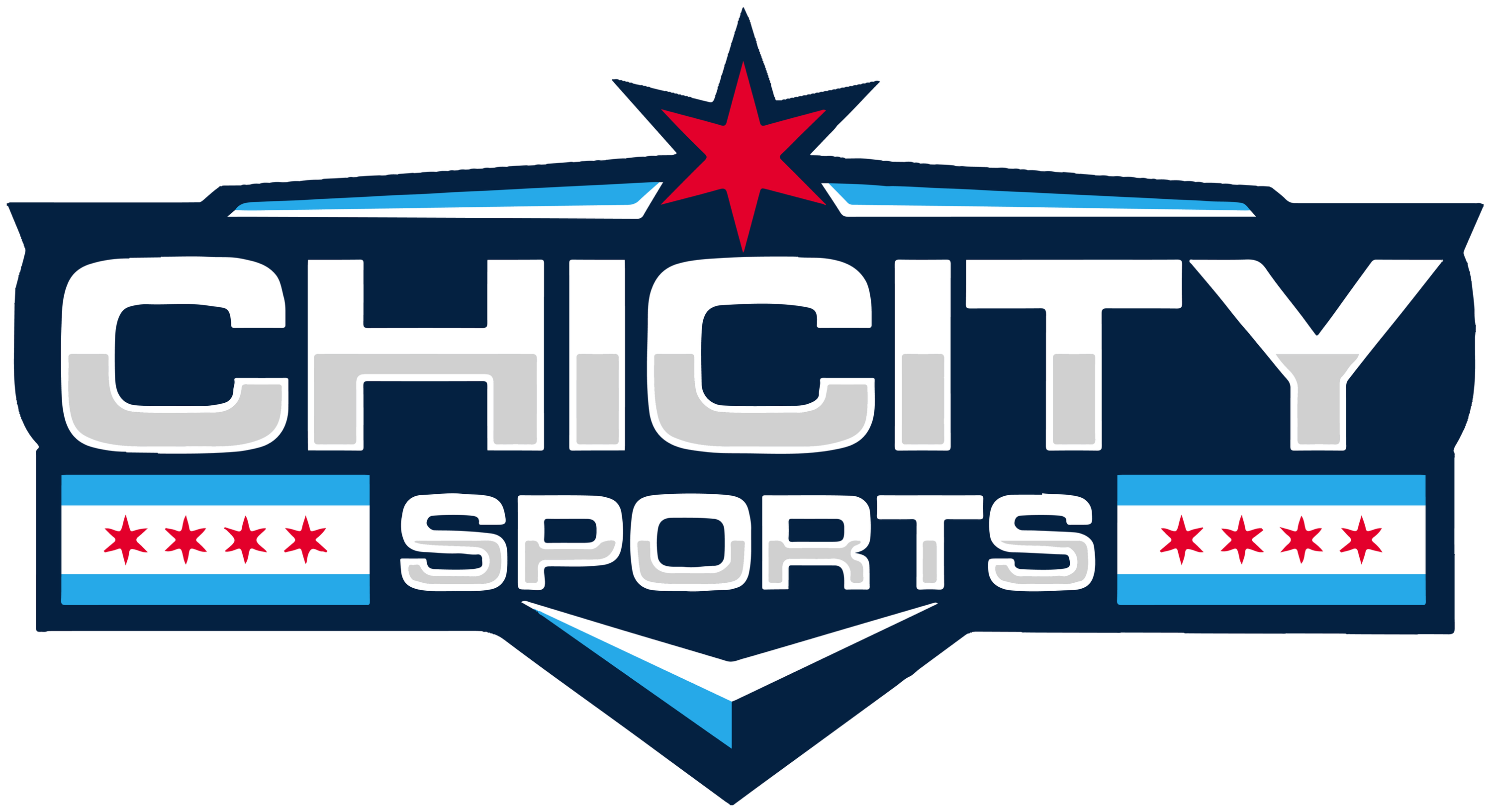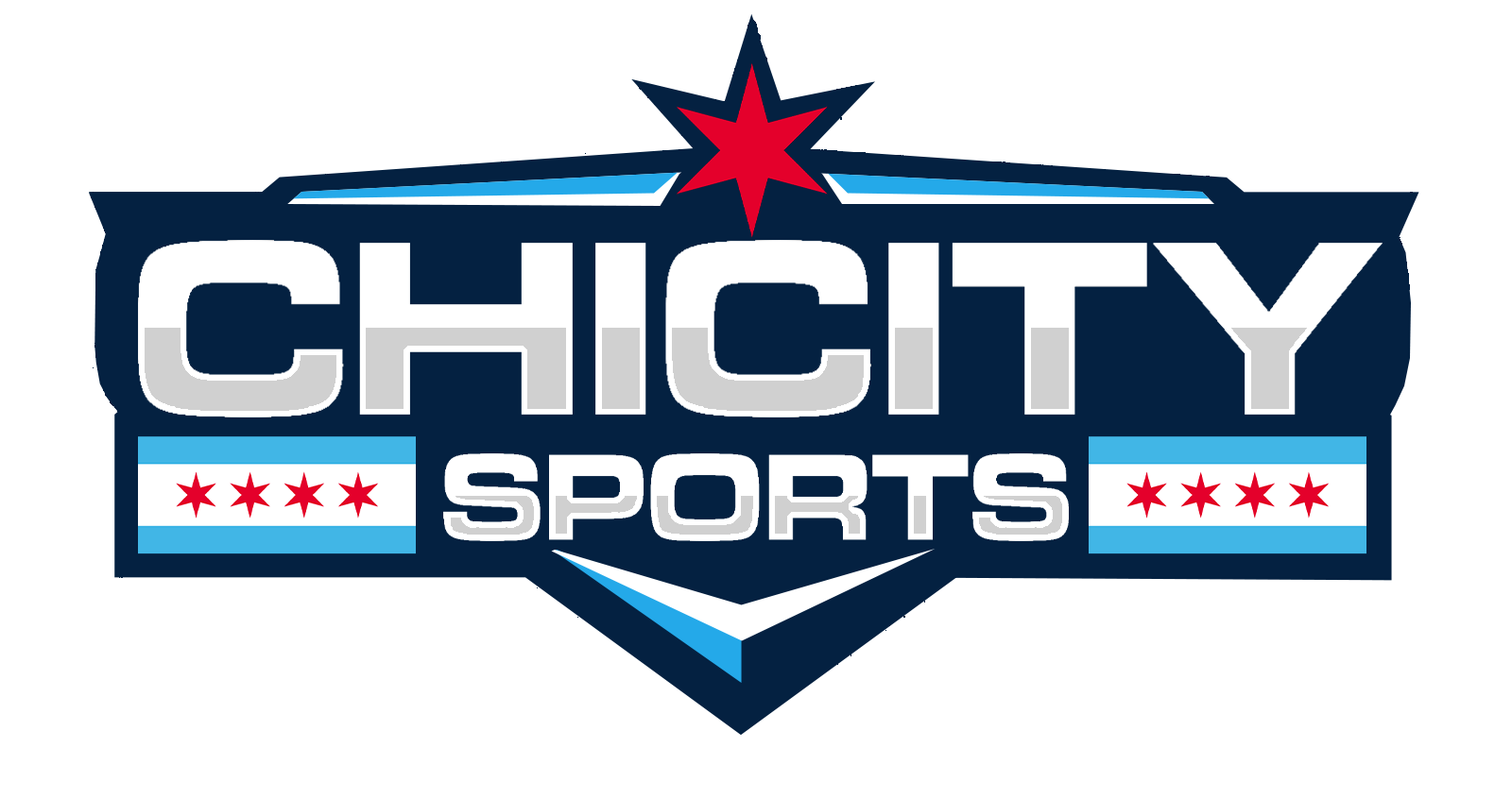Sports is a multi-billion-dollar global industry; from Olympic hockey in Canada to the soccer World Cup final in South Africa, from Formula 1 racing in Monaco to the NFL in Chicago. There’s so much that happens in the wide world of sports that keeping track of it and identifying the areas to focus digital marketing dollars on can be a huge challenge. How do individual teams and players connect with their fans? How do they use their social networks to generate engagement and revenue, while at the same time reducing the focus on any areas of negativity? How do sports sites work with leagues, teams and players? What online marketing opportunities are out there in the sports vertical right now, and how can they be applied to your company and/ or vertical? Join this panel of sports digital marketing experts as they walk you through the answers to these questions and more.
Blum is on the panel to answer some of these questions at the event.
1) Tell us what attendees should expect from SES Chicago overall, and specifically your panel, which will feature you and Casey Rovinelli, Director of digital marketing for the NHLPA.
What’s remarkable about the sports industry, at least from a technological perspective, is that it is one of the few forms of digital content that consumers value. On almost any platform, in any venue on any device, sports content is something consumers are willing to pay attention to and pay for. And that makes sports unique, and almost absurdly valuable. Forget Facebook, Fantasy sports now dwarfs the valuation for Web content.
The remarkable part is, unlike most other things in the American economy, sports upside is still ahead of it. Certainly sports has its issues: troubled franchises, fans feeling the pinch of the recession and organizational challenges. But they pale to other industries right now. Between the coming changes in venues, delivery technologies, new franchises, who really knows the terminal values of these operations?
2) How much do IT and business areas blend together these days? What’s been the key to generating such positive increases in SEO referrals? What SEO and Search Marketing best practices would you recommend?
Again, sports is easy for sports marketers. It’s not cheap, but it is simple. You can run a reasonable search operation with a sports tie in, given the overall high interest and demand in sports information. So even traditionally simple stuff like good key words, a solid Adwords campaign and simple conversion funnel can generate results.
Here is something called the Designated Hanger. http://hooksinc.com/ Simple small business that generates some solid sales from simple Key Words: “Baseball Equipment”
You have to pay for the good terms, but reasonable results are possible.
3) How is the changing face of media affecting how professional and college teams garner publicity, and therefore market their programs? What are the current online ad revenue models for news organizations, and how will that change when the Internet becomes the primary way most of the population receives their news?
Sports teams actually live in a throwback marketing bubble. They do business almost as if the Web does not exist. Sure, there are great sports blogs, and streaming Web sports video and all the rest; but basically the leagues have been smart to keep the key experience — the games — off the net. So folks must still consume sports on the traditional channels. I do not see any time in the future when the Internet will be prime means for consuming sports.
So publicizing them is the standard mix: radio, print, TV, Interviews, corny in-stadium stunts. And then solid traditional Web 1.0 Web site. I’d include a decent Facebook presence, a twitter account, maybe some Adwords. And an e-store. Not too complex at all.
It is sports, after all. People care about it. And they pay for it. So you are not faced with the brutal realities of the content jungle. Sports has it easy. It’s not cheap. But it is simple.
4) College programs are currently light years ahead of professional teams when it comes to accommodating online journalists and bloggers. Why the gap?
That’s easy but hard to hear: The professional leagues are smart. Blogging as a form is at a nadir right now. Far too much content, not enough information and little or no return for advertisers. In fact, we stopped our tech blog last year and business has never been better.
And the leagues already own the best browser-based content experience on the Web. Fantasy Sports. NFL.com’s new video enhanced service is the model right now. And Yahoo and the rest are pretty much done. So there is no reason to support blogs. It’s a money loser for them.
Our sports blog is only there because we like doing it. It’s fun. And the sports business is so robust that we get good exposure from it. But it is not content or anything like that. That we save for our paying clients.
5) When it comes to generating awareness and publicity, and therefore selling tickets, how true is the phrase “all publicity is good publicity”? What opportunities are there for revenue streams in Twitter, Facebook, and similar sites?
For sports, there really is bad publicity. Again, teams don’t need to promote themselves, unless they are the UFL or an up and coming franchise. And the message in the sports business is about an inclusive, big tent approach. So things like Braylon Edwards really do hurt. If the Jets lose this year, Rex Ryan will have a problem for sure. Just look at my Mets. K-Rod getting in trouble with the law really did do Jerry and Omar in. So for sure, the teams have a headline risk,
As far as revenue streams from Facebook and Twitter it is something that has to be approached very carefully. The medium is changing so fast, word of mouth has really taken a hit. So what you are doing there is basically banners or some sort of virtual goods play or something really tricky. Sports does not need to mess with that.
Use the social media to get some simple messages out, put a quality content on the field, strike a decent media deal in your market, get a decent “who are we” website going, build some fantasy plays, bring home some wins, act decently in the community, have your players volunteer, and pay up for endorsement with the team. Those are the basics of sports, as they were a100 years ago. The digital age has changed some things about sports, but not much. That’s why sports is so great and so lucrative. Sports is one of the few things I can be optimistic about.
Checkout the SES Chicago Home Page : www.searchenginestrategies.com/chicago
For More Great Chicago Sports Content
Get the latest Chicago sports news, analysis, and breaking stories on the Bears, Bulls, Blackhawks, Cubs, White Sox, Sky, and more! Tap the star to add us to your favorites on Google News, so you never miss a story on your favorite Chicago teams.
Follow us on Twitter at @chicitysports23 for more great content. We appreciate you taking time to read our articles. To interact more with our community and keep up to date on the latest in Chicago sports news, JOIN OUR FREE FACEBOOK GROUP by CLICKING HERE







